Time to Define the Future of Energy Production
2022
Feb
01
The Faculty of Law of the University of Pécs is launching specialist training programmes for energy law specialists and energy law consultants. The aim of the training is to provide lawyers and professionals with specific qualifications with a comprehensive and practice-oriented knowledge of the specific regulatory issues in the different fields of energy - electricity, gas, district heating, renewable energy, nuclear energy - and to familiarize them with the basic technical and economic characteristics of the energy sector. I asked dr. Zsófia Biró about the programmes being launched and the latest developments in these fields.
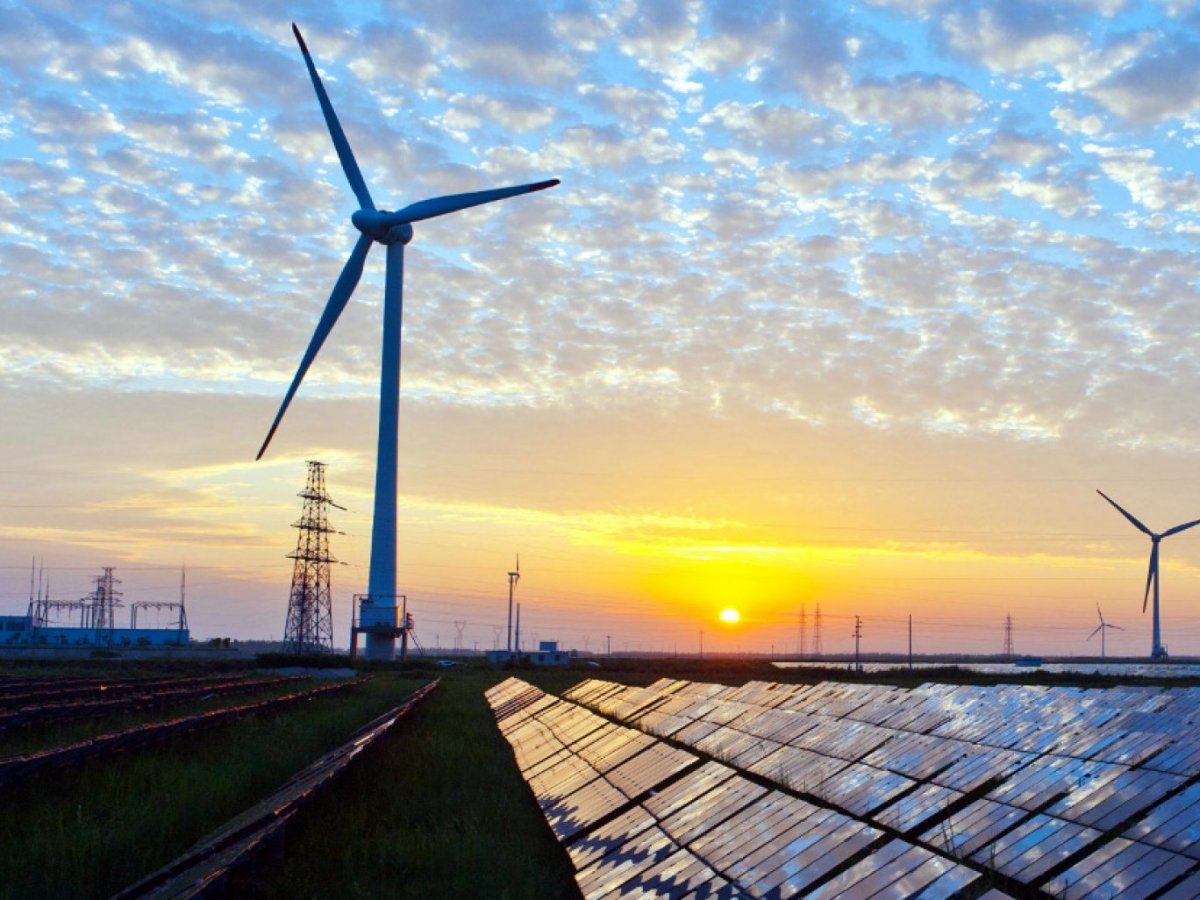
Interview by: Éva Harka
Why is the topic of this course so relevant?
Mankind has always needed energy, and there are more legal aspects to this than we think, and even more so since the European Green Deal 2019.
"When technological progress accelerates and the energy industry developing rapidly, the legal environment must keep up as well!"
In order to achieve this, technical and economic aspects will be included in the training: students will learn about the different energy technologies and technical fundamentals. Energy trading and emissions trading are also included in the curriculum, since if the prospective students do not have at least a basic understanding of the technical and economic background of the case, then knowledge of the legal background alone is not enough to successfully resolve the dispute.
The energy market, for example in Hungary but also in other countries, is essentially managed by state-owned companies. Are lawsuits against public operators common?
In the energy market, it is not necessarily the case that the supplier and the consumer sue each other, these are not typically characteristic. The global, European, Central and Eastern European energy trade itself has a strong regulatory background, and problems do not necessarily happen only among the market players. The regulation of the energy market is basically the task of the legislator and the Hungarian Energy and Public Utilities Regulatory Office, but in certain cases even government agencies may be involved in complying with the rules, so it is very important that professionals also have a good understanding and knowledge of the administrative background of energy law.
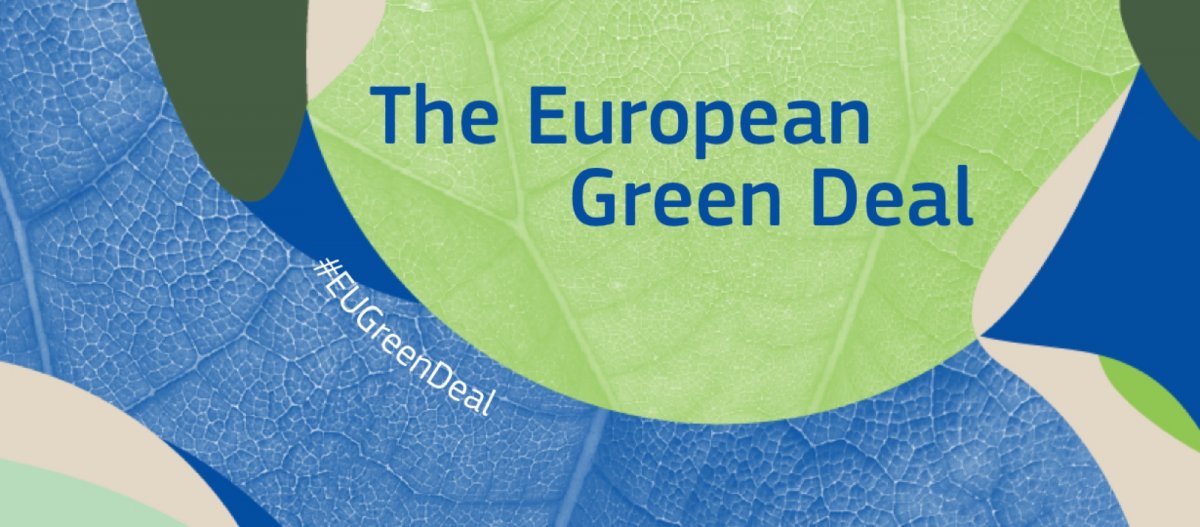
What is the European Green Deal about?
Its primary objective is to make the European Union, and preferably the continent, climate neutral by 2050.
The document approaches this from several angles, energy being just one of many. It is important to know that the majority of greenhouse gases are produced by power plants and transport. This is one of the reasons why there has been a surge in the use of renewables and why nuclear power is being promoted. I know that many people are opposed to the latter, but no other technology has yet been able to produce the same amount of energy. There is also a strong emphasis on the renewal of transport: it is no coincidence that electric cars are spreading so rapidly, and there are even experiments with hydrogen propulsion. Last year, the European Commission revised the legal framework for electric and alternative charging networks, and new legislation is being drafted.
Speaking of practical applications, most of the residential applications in recent years have available been for solar power, yet many people find it hard to imagine the financial implications of this, as the sun can either generate more electricity than a house needs or less.
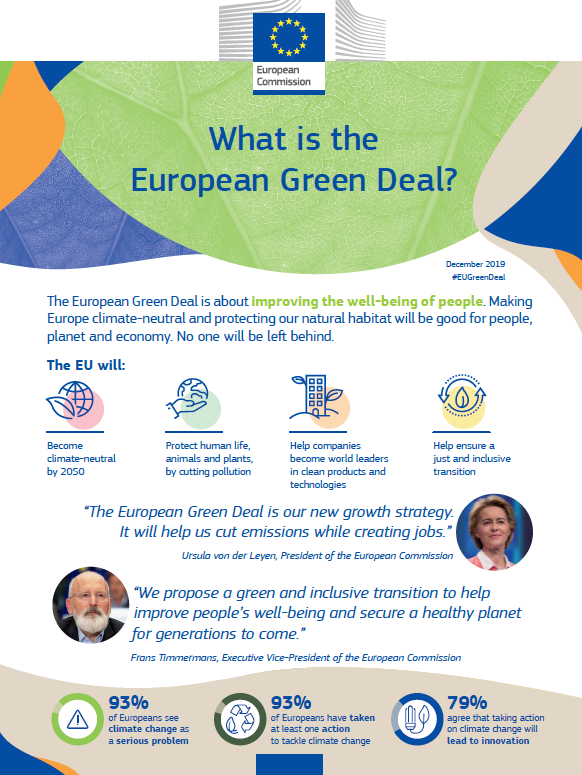 At present, the practice of net metering is common in Hungary. This means that a private individual who generates electricity from solar energy settles an account with the electricity supplier once a year: if he has produced more electricity than he has used, the excess electricity is paid for by the supplier. But the "price" paid by the supplier is much lower than the price paid by the user, because the residential price includes, among other things, the system charges. The other solution is the so-called gross metering, which is common throughout the EU, but has not yet been introduced in Hungary, although there were some efforts in 2021.
At present, the practice of net metering is common in Hungary. This means that a private individual who generates electricity from solar energy settles an account with the electricity supplier once a year: if he has produced more electricity than he has used, the excess electricity is paid for by the supplier. But the "price" paid by the supplier is much lower than the price paid by the user, because the residential price includes, among other things, the system charges. The other solution is the so-called gross metering, which is common throughout the EU, but has not yet been introduced in Hungary, although there were some efforts in 2021.
An alternative way to achieve low or zero balance electricity bills is to set up so-called energy communities. This means bringing together a small community of consumers, whether at municipal, transformer district or residential area level, to share electricity generated by the typically renewable energy sources of their community members. Say, for example, if four out of ten houses have solar panels, but those four produce enough energy to meet the needs of all ten houses, they can solve their own energy needs through their own internal accounting system. And the energy supplier will step in when needed. It is important to note that the energy community must always take a legal form: a cooperative or a non-profit company must be set up for the participants.
In this respect, 20 pilot projects are currently underway in Hungary under the wing of the Ministry of Innovation and Technology. This is a kind of "regulatory sandbox", where best practices will be used to adapt the existing EU and Hungarian regulatory frameworks to follow the practice.
The biggest problem is electricity storage. Batteries or gas storage (power to gas P2G) could bridge the periods when renewables are not producing electricity - but neither of these is a secure solution for the time being, due to the lack of technological development. At present, when someone uses a solar PV system to generate electricity, they are using the electricity grid as "storage".
One more question: how much disruption to gas supply is the current Ukrainian-Russian situation likely to cause?
If the 'tap' is turned off in Ukraine, the interconnections between the countries, the bi-directional gas pipelines and the network upgrades and expansions should in principle not cause any major problems.
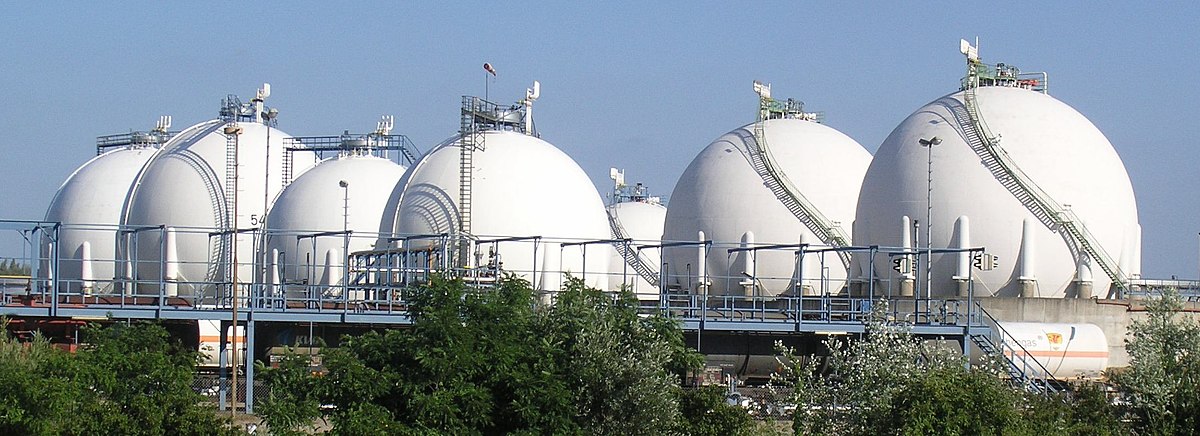
I would add that Hungary has one of the largest gas storage capacities in the EU, both in terms of population and in terms of capacity. This is what my energy economist self tells me; it is difficult to predict the legal side of the situation. In principle, Russia should abide by the terms of the long-term contract and deliver the supplies.
To what extent does the labour market welcome future energy lawyers with open arms?
The profession is increasingly in demand and there will be a continuous need for energy lawyers. Just think of the targets set in the European Green Deal! Not only is the whole of EU energy law, and soon domestic energy law, facing major changes, but also the development of new technologies will require adequate legal framework. Technology always precedes law - and this is currently the case in the field of energy production! For example,
there are many pilot projects for hydrogen production in the world and in the EU, but they are currently operating with minimal regulatory framework. There is no particular public regulation, but at most a national hydrogen strategy and ideas. The reality is absolutely beyond these, as production itself already exists, albeit on a small scale.
In order to create the right legislation for a growing market, we need experts, who are familiar not only with the legislative environment but also with the technical and economic factors, because the ultimate aim is that the legislative environment that is created should not only provide a framework for operation but also serve the interests of those who are ultimately subject to the regulation.
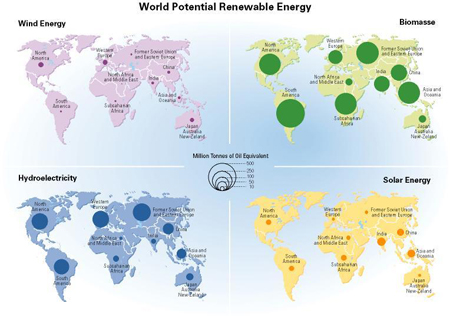 What about the job market? The first graduates will receive their diplomas in 2024...
What about the job market? The first graduates will receive their diplomas in 2024...
I think we will have students who are currently working at companies or agencies with an interest in the energy market, as they may be interested in complementing their current expertise. We are also looking for recent graduates, and I am confident that they will be able to find a successful job in any company involved in the energy market - and I am not just talking about companies involved in the trade, but also in government and international organisations. In fact, many institutions, including universities, are carrying out energy efficiency upgrades. If we think only of the modernizations that are taking place in connection with the Green University programme at the University Pécs, it is clear that sooner or later there will be a need for specialists who can help these processes from the legal side too. It is also possible to find a job in renowned law firms with this qualification, as there are currently only a few people working in this area at the level of legal experts, and there is an increasing number of disputes.
Let us face it, energy is needed in all areas of life, including energy lawyers.
What qualifications are required to apply for the training programme?
As the subject is very complex, we are not only looking for people with a law degree!
Those with a master's degree in engineering, social sciences or science can also apply, in which case they can qualify as energy law counsellors. The course consists of 4 semesters and requires a total of 120 credits, culminating in a thesis and a final examination in three subjects.
Our academic staff includes not only faculty members, but also renowned professionals working in law firms, abroad, in international organisations and in companies with a domestic energy interest.
We plan to offer the programme in English as well, and successful completion of the foreign language course will lead to the Energy Law LL.M. degree for law graduates.
- Log in to post comments
University of Pécs | Chancellery | IT Directorate | Portal group - 2020.
















